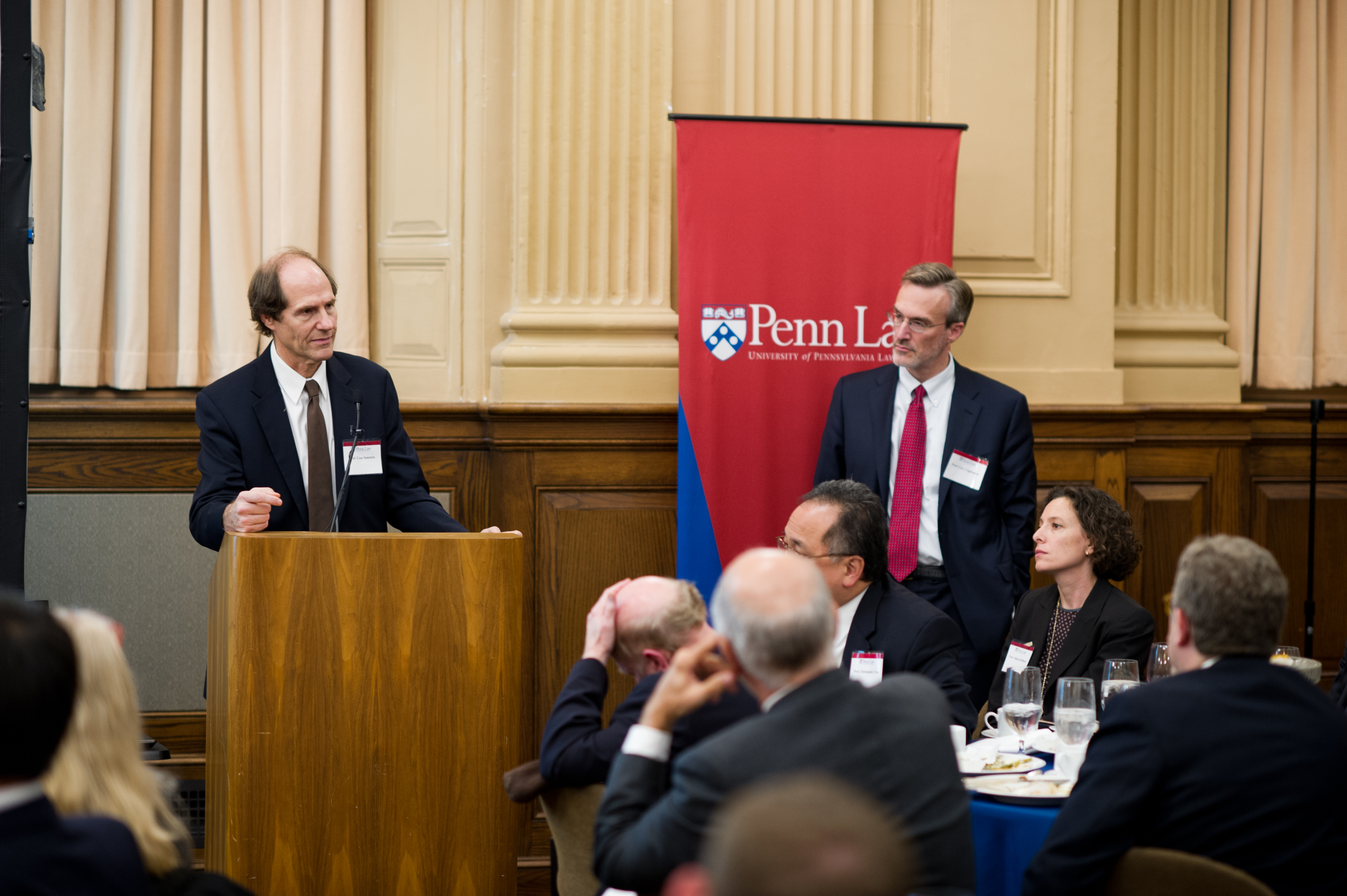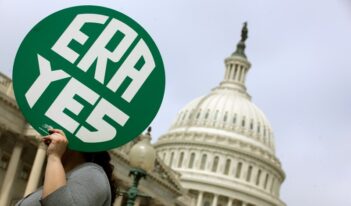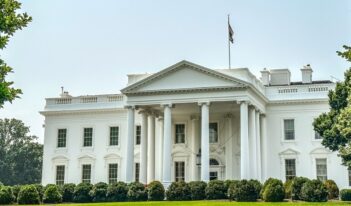
Cass Sunstein argues that the executive branch has better information to make policy decisions than the other branches of government.
In his keynote address at the University of Pennsylvania Law Review’s 2015 Symposium, Cass R. Sunstein challenged the deep-seated suspicion with which many Americans view the executive branch and offered a justification for the role of executive discretion in everyday policymaking.
Sunstein, the Robert Walmsley University Professor at Harvard University and former Administrator of the White House Office of Information and Regulatory Affairs (2009 to 2012), argued that the executive branch is particularly well-equipped to gather and process information on which to base policy decisions. This capability, he suggested, allows the executive branch to make better informed and more rational policy choices relative to the legislative and judicial branches.
According to Sunstein, the executive branch enjoys two informational advantages over the other branches of government. First, the executive employs many more specialists dedicated to particular, and often highly technical, areas of policy. For example, the U.S. Environmental Protection Agency’s employees spend their entire workday on environmental and agency-related issues. These specialists provide the executive with a deeper understanding of complex issues and carefully consider the costs and benefits of policy options. Second, decisions within the executive branch usually go through multiple rounds of formalized or routinized deliberation and scrutiny, ensuring that more facts and perspectives are brought to bear on an issue.
In contrast, Sunstein argued, Congress faces a number of inherent obstacles to gathering and considering information. Of course, Congress can collect its own information through hearings and expert consultations; however, members of Congress face significant time constraints due to the diverse portfolios of issues they must address and their limited staffs. In addition to their informational disadvantages, members of Congress must constantly consider their actions in relation to reelection. These limitations make it more difficult for members to understand policy details and increase members’ reliance on information provided by outside groups.
The judicial branch also suffers a natural information deficit relative to the executive branch, according to Sunstein, especially in highly technical areas of policy. As Sunstein explained, judges are generalists and must depend on fragmented — and sometimes distorted — information provided by opposing advocates. This is even the case with information provided by government attorneys who argue in court. Despite being in the executive branch, government attorneys are often themselves generalists and thus less knowledgeable than the executive officials who make policy decisions.
To illustrate his argument, Sunstein contrasted how Congress and the executive branch approached the issue of child deaths caused by cars moving in reverse. In 2008, Congress passed a law that called for the Secretary of Transportation to adopt a regulation expanding “the required field of view to enable the driver of a motor vehicle to detect areas behind the motor vehicle.”
Sunstein argued that, in passing the law, Congress lacked important facts and was either unable or unwilling to describe how the problem should be resolved or specify criteria for the U.S. Department of Transportation to rely on in devising an approach. In contrast, he continued, the executive branch compiled an exhaustive collection of information, considered the costs and benefits of every option, and spent years devising the most appropriate solution.
Although Sunstein concluded his remarks by acknowledging the essential role of oversight and constraints on executive action, he emphasized that any evaluation of executive discretion must give proper weight to that branch’s informational advantages.
This essay is part of The Regulatory Review’s ten-part series, The Bounds of Executive Discretion in the Regulatory State.
The recent Symposium was co-sponsored by the Penn Program on Regulation (PPR) and organized by Penn Law professors Cary Coglianese, director of PPR, and Christopher Yoo.



